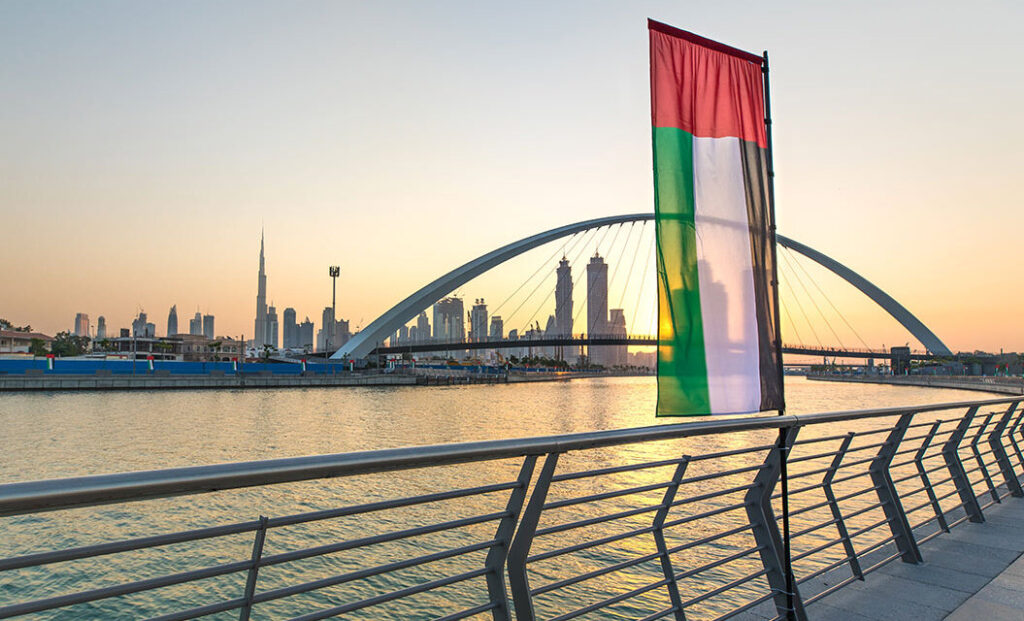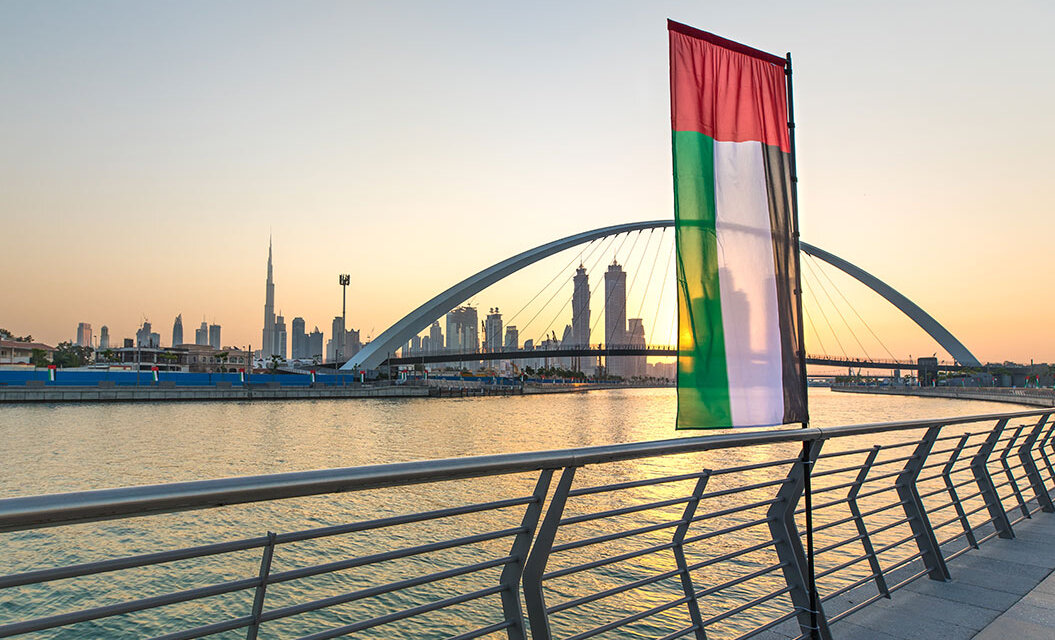UAE’s Revenues Soar to $31.5 Billion in Q1, Fueling Sustainable Socio-Economic Development

The United Arab Emirates (UAE) government reported robust financial performance for the first quarter of 2023, with revenues reaching AED115.6 billion ($31.5 billion), according to the Ministry of Finance. This milestone reflects the efficient management of government expenditure and the strategic allocation of financial resources to priority sectors, driving the nation’s move towards sustainable socio-economic development.
The preliminary results of the UAE Government Finance Statistics Report revealed that total expenditures during the same period amounted to AED92.5 billion ($25.1 billion). This solid financial footing highlights the country’s advancement in diversifying revenue sources away from oil and adopting effective financial policies to manage and develop government resources.
The breakdown of total revenues indicated that AED63.5 billion ($17.3 billion) came from tax revenues, with AED3.9 billion ($1 billion) generated from social contributions. Additionally, AED48.2 billion ($13.1 billion) was earned from various sources, including property income, sales of goods and services, fines and penalties, and transfers not elsewhere classified.
The Ministry of Finance’s data revealed that total expenditures consisted of net investment in nonfinancial assets and current expenses. This encompassed employees’ wages, the use of goods and services, consumption of fixed capital, paid interest, subsidies, grants, social benefits, and other transfers.
One of the significant indicators of the UAE’s financial stability and economic impact was the net lending/net borrowing value, which amounted to AED23.2 billion ($6.3 billion) during the first quarter of 2023. This measure represents the government’s ability to lend or borrow, offering insights into the financial implications of government activities on other sectors of the economy.
Younis Haji Al Khouri, the Undersecretary of the Ministry of Finance, expressed his satisfaction with the positive results and highlighted their significance in showcasing the UAE’s progress in developing new and diversified sources of government revenue beyond oil. He emphasized that the efficient utilization of financial resources, along with prudent financial policies, has contributed to the government’s enhanced financial framework.
“The government’s financial performance enhances the UAE’s competitiveness and its move towards sustainable socio-economic development,” Al Khouri stated. The strong financial position is also in line with the World Bank’s projections, which foresee robust growth in the UAE’s non-oil sector by the end of 2023. This growth will be fueled by vibrant domestic demand, particularly in key sectors such as tourism, real estate, construction, transportation, and manufacturing.
The UAE’s commitment to sustainable socio-economic development and its success in diversifying revenue streams away from oil further strengthen the nation’s position on the global stage. With prudent financial management and strategic investment in priority sectors, the UAE is well-poised to achieve its economic goals and continue its trajectory of growth and prosperity. As the country’s non-oil sector is expected to witness strong growth in the coming months, it will contribute significantly to the UAE’s journey towards sustainable development and economic resilience.





